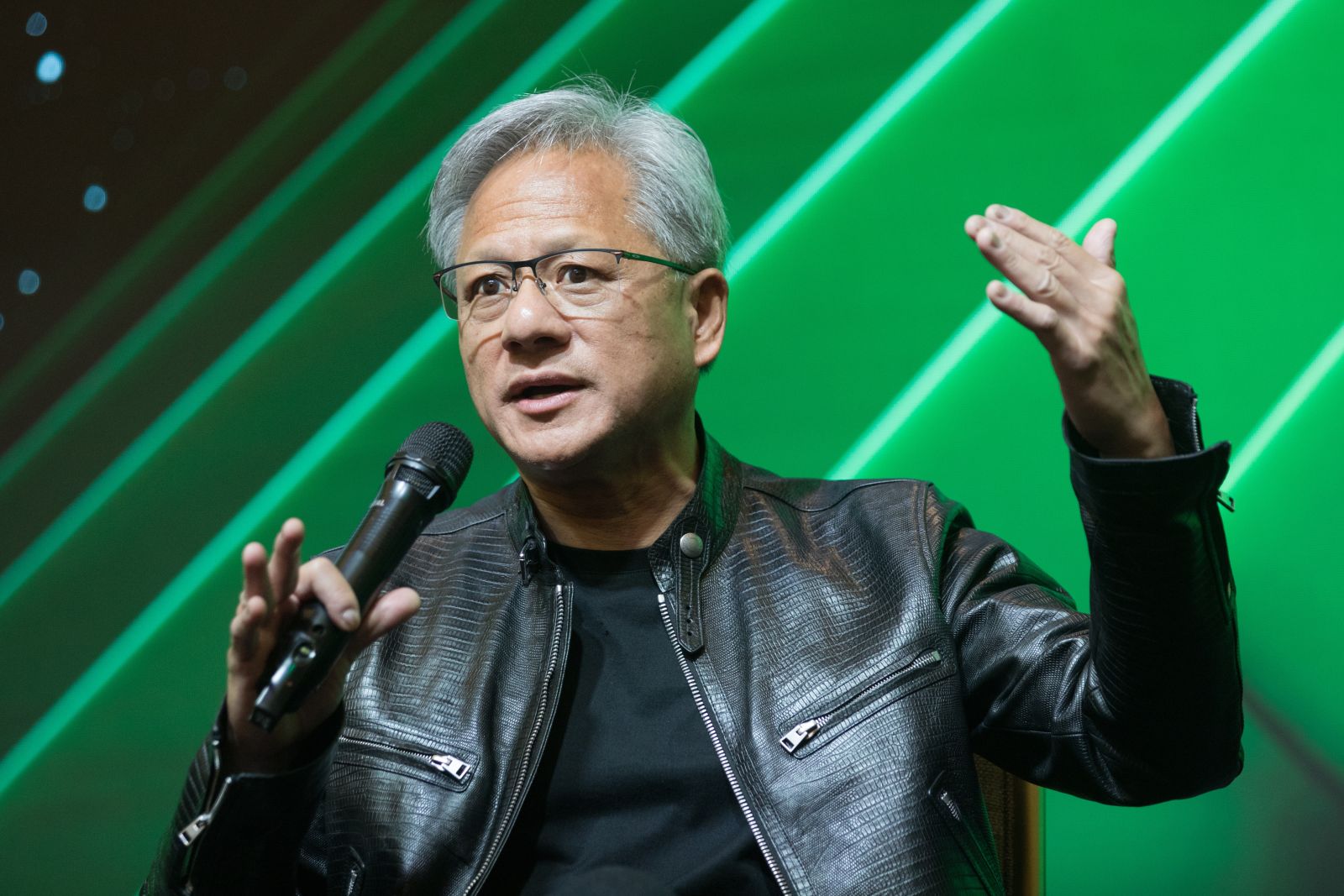
Sam Altman, CEO of OpenAI and former president of Y Combinator, has long been recognized for his forward-thinking approach to technology and entrepreneurship. His recent remarks at a Y Combinator event shed light on the direction he sees for artificial intelligence (AI)-powered assistants, and particularly ChatGPT. Altman expressed enthusiasm for the evolving memory features in ChatGPT, describing them as a milestone that “points to where we will hopefully go with the product.” He believes that users will eventually interact with an AI entity that not only gets to know them, but also connects to all their digital environments, offering proactive assistance.
This perspective is rooted in Altman’s extensive history of identifying and nurturing transformative technologies. After co-founding the location-based startup Loopt at age 19, Altman joined Y Combinator, where he played a pivotal role in launching and scaling companies like Airbnb (ABNB), Dropbox (DBX), and Reddit (RDDT). His leadership at Y Combinator was marked by a commitment to supporting ambitious founders and embracing “hard technology” startups, setting the stage for his later work at OpenAI.
Altman’s authority in the AI field is further established by his role in OpenAI’s founding in 2015, alongside figures like xAI founder Elon Musk. At the time, the idea of advanced conversational AI was far from mainstream, but Altman’s willingness to pursue long-term, high-impact projects has since positioned OpenAI at the forefront of AI research and deployment. Under his guidance, OpenAI has developed systems that are now integrated into millions of workflows, influencing industries from education to enterprise software.
In his vision for ChatGPT’s future, Altman described a scenario where the AI “will be running all the time, it'll be looking at all your stuff, it'll know when to send you a message, it'll know when to go do something on your behalf.” This concept of a persistent, context-aware digital assistant represents a significant shift from today’s reactive AI tools to proactive, deeply integrated companions. Altman also anticipates the emergence of “special new devices” and seamless integration across all user services, suggesting a future where AI assistants are as ubiquitous and indispensable as smartphones.
The implications of Altman’s vision resonate with ongoing trends in technology markets. As businesses and consumers increasingly seek personalized, automated solutions, the demand for AI that can anticipate needs and act autonomously is growing. Altman’s focus on memory as a foundational feature signals a broader industry movement toward building AI that not only processes information, but also understands and adapts to individual users over time.
Altman’s track record of championing transformative ideas, combined with his current leadership at OpenAI, lends substantial credibility to his predictions. His belief that “memory is the first time where people can sort of see that coming” encapsulates the transition from speculative technology to practical, everyday tools — a shift that continues to shape the future of AI and its role in society
On the date of publication, Caleb Naysmith did not have (either directly or indirectly) positions in any of the securities mentioned in this article. All information and data in this article is solely for informational purposes. For more information please view the Barchart Disclosure Policy here.




/NVIDIA%20Corp%20logo%20on%20phone-by%20Evolf%20via%20Shutterstock.jpg)
/Amazon%20-%20Image%20by%20bluestork%20via%20Shutterstock.jpg)

/Delta%20Air%20Lines%2C%20Inc_%20billboard-by%20monticello%20via%20Shutterstock.jpg)
/A%20concept%20image%20of%20a%20flying%20car_%20Image%20by%20Phonlamai%20Photo%20via%20Shutterstock_.jpg)